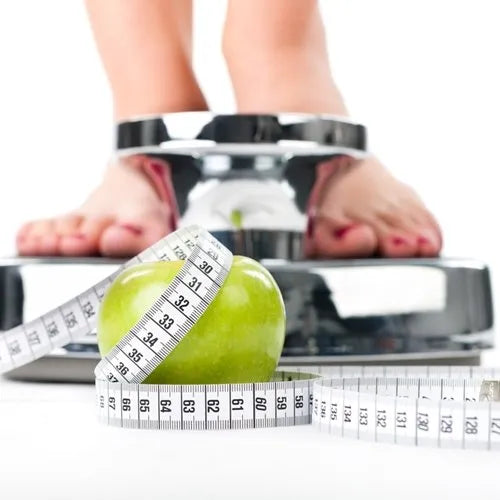
Making the transition to a vegetarian diet takes the right attitude and the know-how to live healthy without consuming any animal protein. Research has shown that plant-based and vegetarian diets are associated with better health, but in order to receive these health benefits, you have to know how to go about becoming a vegetarian and following a meal plan that is both delicious and right for your body. Here are some of the most common pitfalls to which first-time vegetarians often fall prey:
Not eating enough calories
Just because a vegetarian diet requires that you avoid animal protein doesn't mean that you have to cut out a large amount of calories. The right amount of calories are appropriate for giving your body the fuel it needs to get through the day. If you don't have enough energy from calories, your metabolism could slow and you could experience low blood sugar.
You're going to have to find the adequate amount of calories from foods besides meat, like nuts, seeds, dried fruit and cheese – all of which are filled with calories that won't weigh you down later. Top off your salad with nuts of your choice or bring some dried fruit to work to snack on in between meetings.
Skipping out on protein
Much of the protein in a diet can come from animal meat. However, there are plenty of other ways to get the amount of protein that your body needs. Protein is vital to the body and helps you to maintain a healthy weight. The recommended protein intake per day is about 50 to 175 grams, depending on your sex, height and and body weight. Without this protein, you could experience low energy, loss of muscle, a weakened immune system and poor vision. Meet your protein needs by whipping up a shake or a smoothie using Naturade Pea Protein. This protein powder is free of soy, dairy, gluten and cholesterol and is derived from yellow peas that are easy to digest and hypoallergenic.
Other sources of protein could include beans and lentils, nuts and seeds, tofu, hemp, eggs, Greek yogurt and avocados.
Missing minerals
Minerals like zinc, calcium and iron are essential to keeping high blood pressure levels at bay, maintaining healthy joints and keeping up your energy levels. Look for breakfast cereals that are rich in iron and snack on veggies containing the mineral, like soybeans, potatoes, beets and artichokes. A glass of orange juice in the morning will help to absorb the iron from plant foods.






